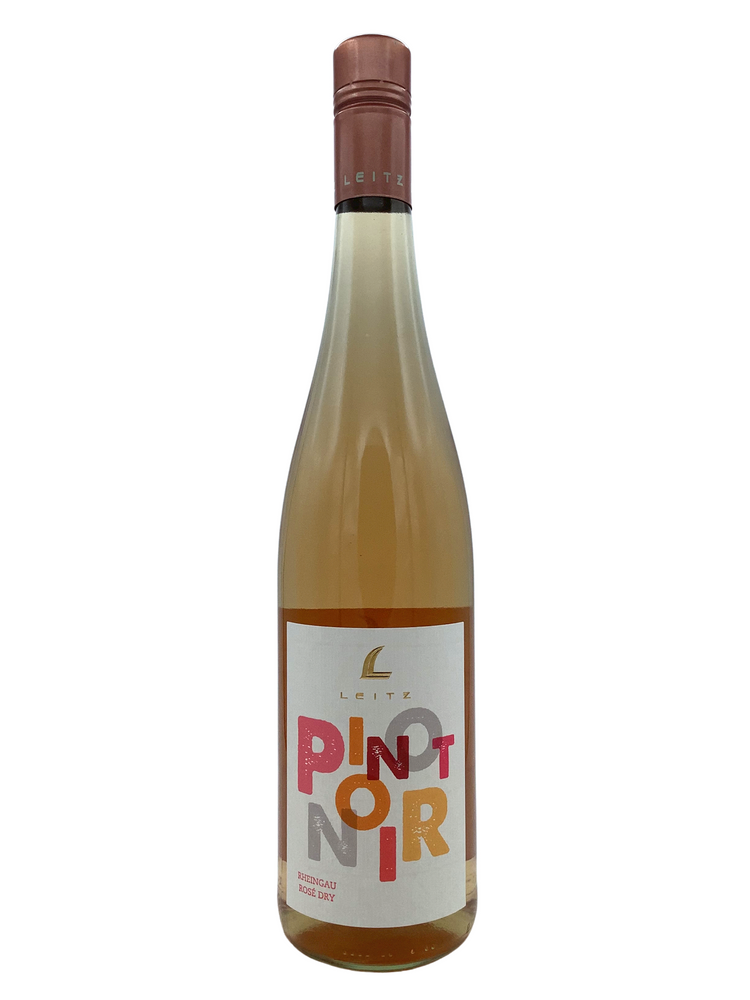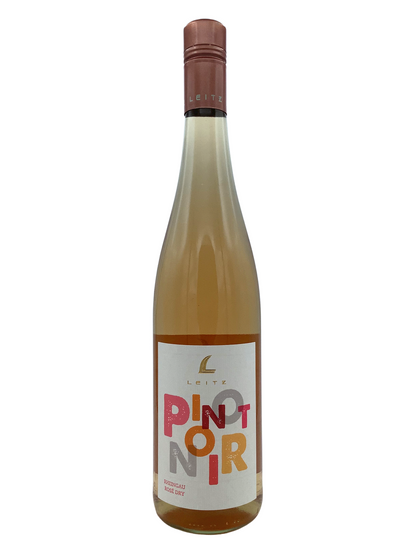Leitz Pinot Noir Rosé
- Regular price
- $19.99
- Regular price
-
$19.99 - Sale price
- $19.99
- Unit price
- per
Type Pinot Noir
Read About the WineGet to Know This Product
Our story today begins in 1744, in the Rheingau, Germany. But instead of starting there, I am going to push you ahead a couple of centuries to today, present day.
You may have missed it (as I have), but there has been a quiet revolution in German wines over the past 10 years. And it’s easy to summarize— most of the wines are now DRY, i.e., NOT SWEET, and much of the language that I never bothered to learn real well - Kabinett, Spatlese, etc., has largely been abandoned.
This is all to our benefit — the result is that Germany’s wines have become more diverse and, I would argue, across the board more interesting and expressive. In a word, just much, much tastier. One style that’s benefited the most from these changes is dry rosé. And Leitz is among the best:
This wine opens with a burst of fresh red fruit flavors – strawberries and cherries that will bring a smile to your face. The palate is crisp and brilliantly clean and dry, with just enough fruit to please everyone. But the wine is more about its punctuated minerality, which it has in spades. It’s like drinking an incredibly good La Croix cherry mineral water (no insult to Lietz intended). It’s as pure as water, but way more fun. The finish is all zest and spritzy pizazz, lingering with its fresh minerality. In a word, charming.
Now, I may beg your attention a bit longer to specifically talk about this producer: Johannas Lietz is now regarded as one of the best producers in the Rheingau, and this wine will definitely show you why. But his path to that position wasn’t always secure, even though his family dates its winemaking back hundreds of years.
In 1964, Johannes was born and his grandfather passed the reins of the winery onto his father. Sadly, and unfortunately, in 1966 Johannes’s father died, leaving his mother with a two-year-old boy. His mom chose to focus on her business, a flower shop, in order to move their small family ahead. The vineyard and winery became derelict in time, with nobody at the helm to tend them. It wasn’t until 1985 that Johannes was able to come back to the vineyards and winery and start contributing to his family’s legacy. And contribute he did—- as noted, he is now considered one of the top producers in this region, and this rosé is a dramatic example of his skills, and of the “new” style of German wines. Don’t miss it.


